Jakarta, 20 Ramadan 1437/26 June 2016 (MINA) – Prisons in Indonesia will soon be using technology-based identification systems, to better account for inmates attending development programmes. Currently attendance is taken manually by prison officials.
In an interview with Channel NewsAsia, officials said this could include using electronic bracelets and fingerprint or facial recognition technology.
“This would involve quite a big investment,” said Ilham Djaya, Director for Prison Development and Training, Correctional Directorate at the Law and Human Rights Ministry.
“We can for example use CCTV cameras for automatic facial recognition when inmates enter the mosque to attend the prison’s character development programmes.”
Also Read: Central Java Partners with 12 European Countries to Boost Low-Carbon Rice Production
A more efficient way is needed because these programmes are attended by many inmates. “For example, in Cipinang prison there are nearly 3,000 inmates, and if every one of them wants to attend the programme, it’s going to be difficult to account for them,” said Mr Ilham.
Early release for inmates
Inmates are motivated to attend the prison’s development programmes because they are used to assess if inmates can qualify for early release.
Mr Ilham said more inmates are attending special rehabilitation programmes, especially during the month of Ramadan.
In the Cipinang prison, East Jakarta, more than 200 inmates have signed up for character-building programmes during Ramadan – a twofold increase from enrolments in normal months.
Also Read: Indonesia’s Health Ministry Speeds Up Free Screenings for 53 Million Students
Inmates like Uesmani Abdul Bari are also taking the opportunity to be more devout during the holy month.
Uesmani Abdul Bari was convicted for a molestation offence and is serving three years in Cipinang prison. “Firstly, it’s really about self-awareness and change, to become a better person inside,” he said. “I decided to attend the Ramadan programme, and I benefitted a lot from it.”
The programme includes mass prayers, as well as reading and understanding the Koran.
Inmates are also allowed to gather and break fast together at the end of the day.
There are also sessions on basic Islam for those who have little or no knowledge about the religion.
Also Read: AWG Partners with Pemuda Pancasila to Deliver Free Hijama and Support Gaza Aid
Officials say that these programmes are important in preventing radicalisation in prison. “For specific activities, we work with the National Counter-terrorism Agency on de-radicalisation programmes, and this is very useful because sometimes radical ideology can be formed inside the prison. There may be certain groups of prisoners who are easily influenced and susceptible,” said Mr Ilham.
More innovative approach for terror convicts
In Cipinang prison, there are a total of 13 terror convicts who are held in separate cells, but are free to mix with other prisoners during daily recreation time.
“For terror convicts, we use a softer approach, more persuasive, more innovative approach. We invite religious leaders who understand the religion better. We also approach them through sports. Even though some of them do not agree with our beliefs, we don’t feel discouraged to help them,” said Chandran Lestyono, Head, Development Division, Class 1 Cipinang Prison.
“Sooner or later, we pray that they will eventually open their hearts to accept us, and reject their radical ideology,” said Mr Chandran. (T/R07/R01)
Also Read: AWG Advisor Outlines Three Phases for the Liberation of Al-Aqsa Mosque
Mi’raj Islamic News Agency (MINA





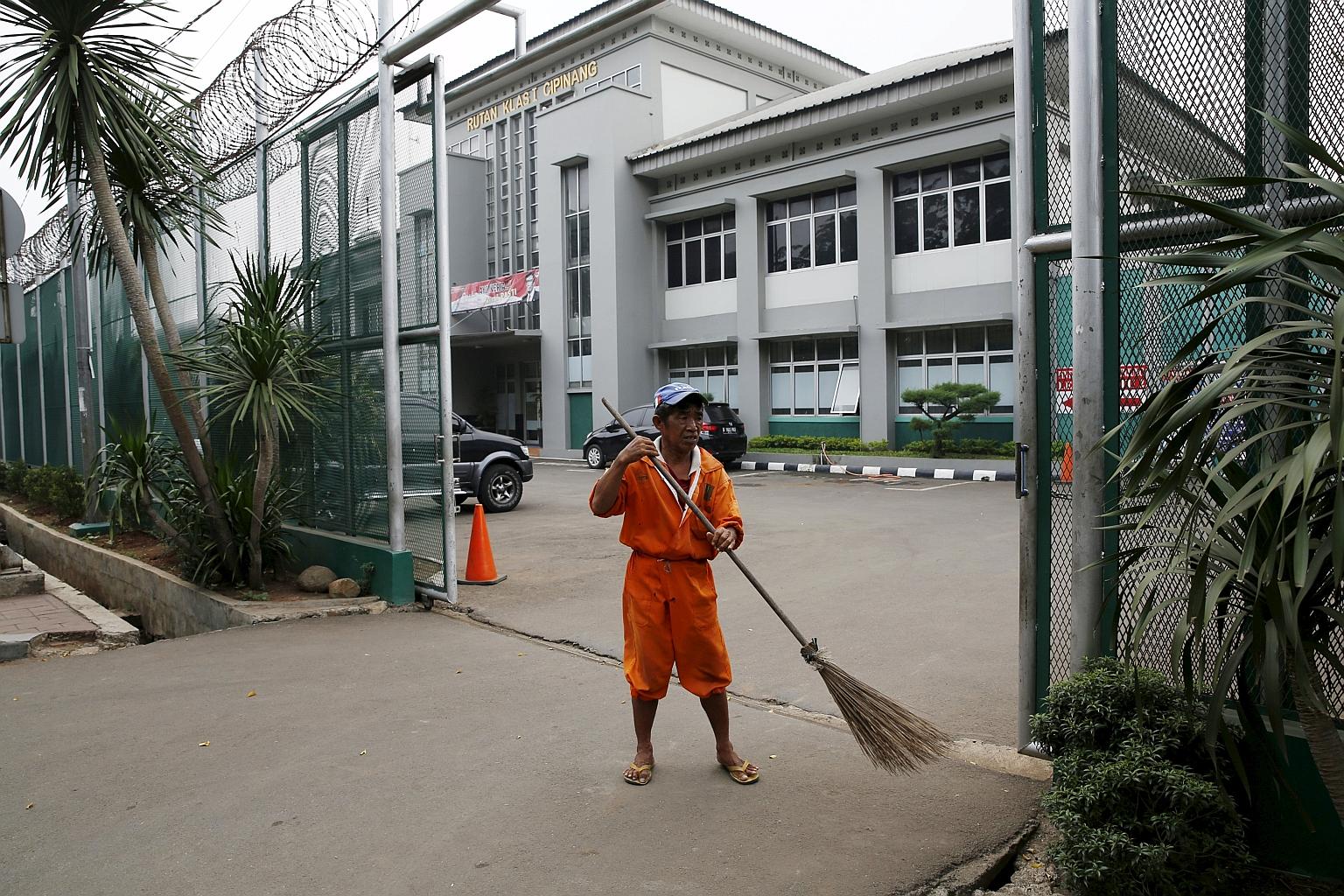


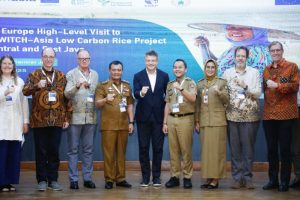

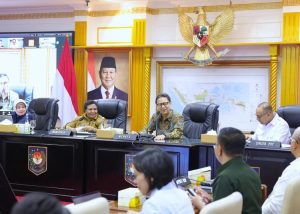

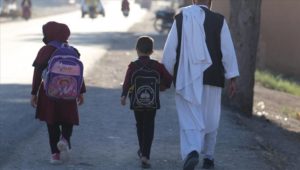
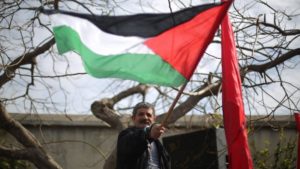

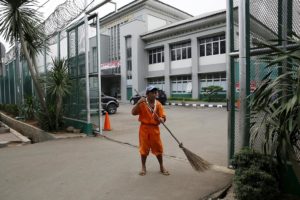



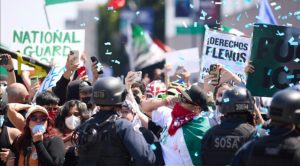




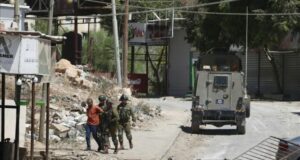
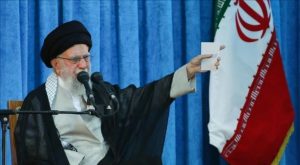
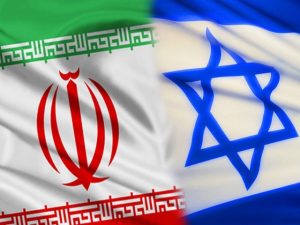





 Mina Indonesia
Mina Indonesia Mina Arabic
Mina Arabic